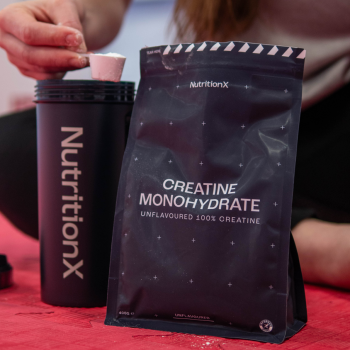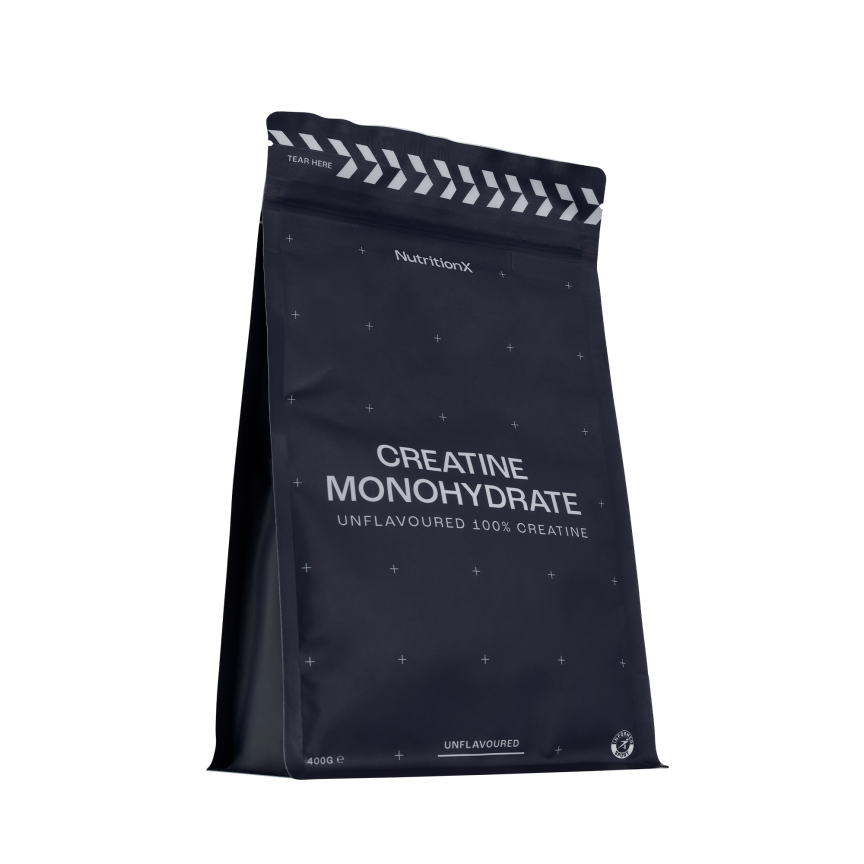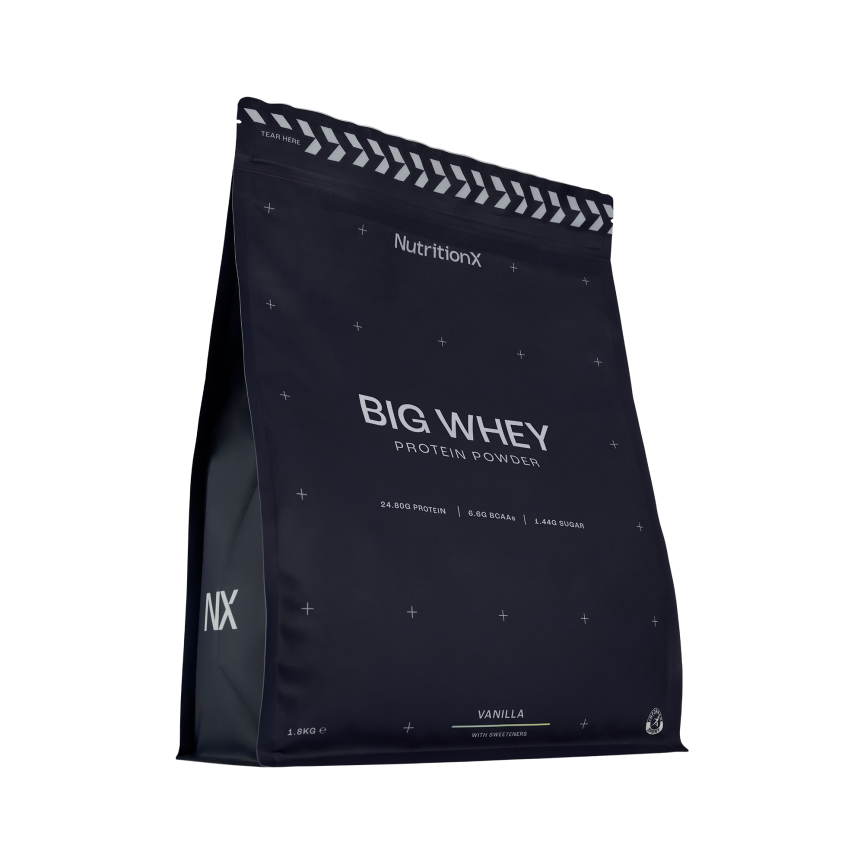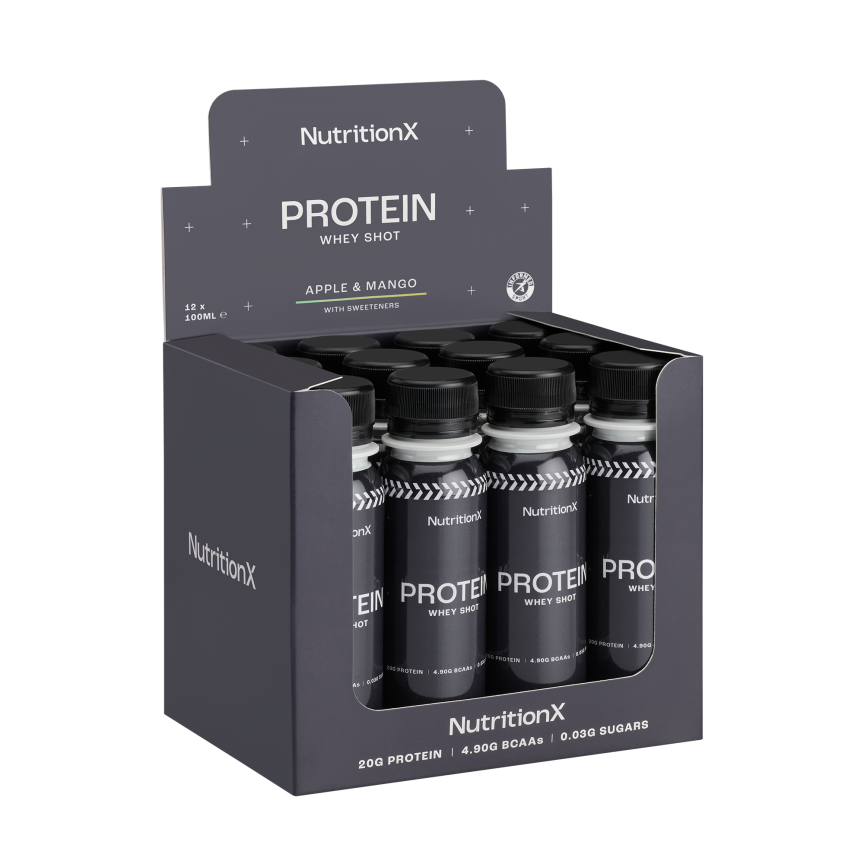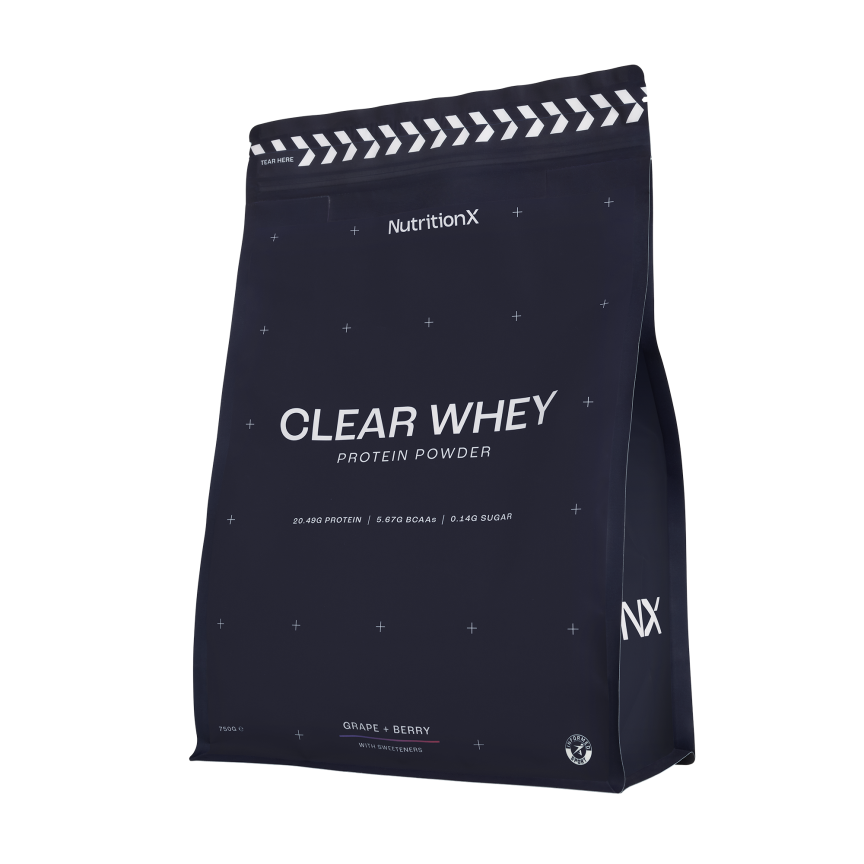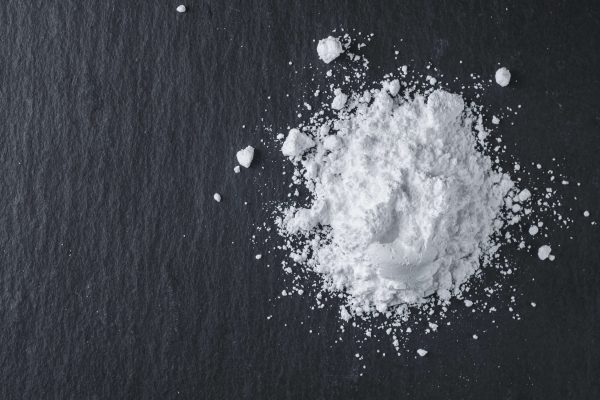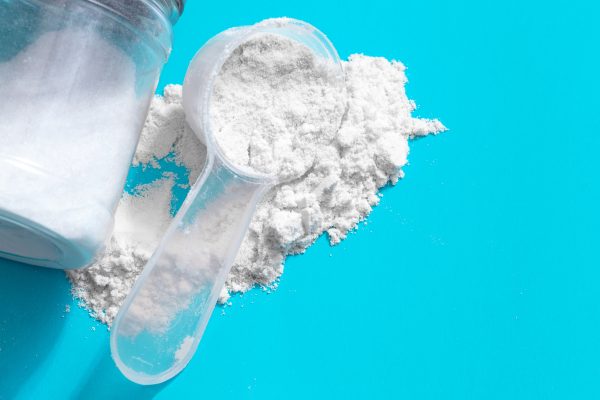What is creatine made from?
Creatine is a naturally-occurring chemical found in the body, made from three key amino acids: arginine, glycine and methionine. Found mainly in your body’s muscles, creatine is used by the body as an immediate source of energy during high-intensity exercise.

Where is creatine stored in the body?
Creatine is primarily stored in the body’s muscles. Once it has been produced, or ingested, it’s transported in the body to muscle tissues where it is there trapped and stored; converted to phosphocreatine (PCre). A small amount of creatine is also stored in the brain.
What does creatine do for you?
When creatine is converted in the body to phosphocreatine, it acts as a great energy source to fuel high-intensity exercise. Studies have found creatine to be beneficial for increasing strength and muscle mass, as well as improving performance during high-intensity exercise such as sprinting or lifting heavy weights for both men and women. Creatine has also been shown to boost lean muscle mass and aid a quick recovery in between sets, all of which would be beneficial for high-intensity sports. These studies are detailed in full in our Science Behind Creatine article, which looks at creatine’s impact on the body in detail.
What are the different types of creatine supplements?
The most common form of creatine supplement is creatine monohydrate. Typically consumed as a powder-based supplement, creatine monohydrate consists of a creatine molecule paired with a water molecule, hence the term "monohydrate." This form of creatine is well-regarded for its safety profile and effectiveness in increasing physical performance, muscle mass and strength.
Why use creatine?
If you have a diet rich in red meat and fish, you will already be getting some creatine through food; however many athletes won’t be getting enough to effectively support performance, particularly those who are vegan or vegetarian. Supplementing with creatine - such as a Creatine Monohydrate powder - will ensure your muscles are getting the creatine levels they need to help boost your sports performance; giving you the energy support needed for high-intensity bouts to keep you going harder for longer, as well as helping you build lean muscle mass. This is why many professional athletes turn to creatine to support their performance, such as Rugby players and footballers.
What happens when you start taking creatine?
When you supplement with creatine monohydrate, time taken for effects to be felt can vary according to the individual athlete; most likely to come into effect over a number of weeks as creatine stores in the muscle increase. After a while of supplementing with creatine - alongside effective training - you should start to notice increases in strength and intensity of exercise, as well as a potential improvement in lean muscle mass.
How much creatine should you take?
To ‘quick load’ your muscles with creatine, supplementing with 20-25g a day for 5-7 days is recommended. After the loading phase, muscle concentrations of creatine can be maintained by supplementation with 3-5g a day. Again, this is detailed in our Science Behind Creatine article, which looks at creatine supplementation in more depth.
Should I take creatine every day?
If looking to increase muscle strength and power, then taking creatine every day alongside training is recommended. Supplementation should always be taken alongside correct training in order for maximum benefits to be seen.
Are there any side effects of taking creatine?
Whilst creatine is generally considered safe for most people when used appropriately, it can have some potential side effects. One of the most common is weight gain, which is primarily due to water retention in the muscles, not necessarily fat gain. Some individuals might also experience digestive issues, such as bloating, stomach discomfort, or diarrhoea, especially when taking high doses. This could be avoided by spreading out dosage during the ‘loading’ phase of a creatine cycle into smaller doses. If an athlete has abnormal kidney function (readily diagnosed by having a blood test via GP for kidney function) then they should avoid using creatine and indeed high protein foods too. A daily probiotic can also help to negate against the effects of performance-limiting gut issues.
How much water should I drink with creatine?
Since creatine causes water to enter a muscle and the excess creatine is excreted by the kidneys, athletes must consume plenty of fluid when supplementing with creatine.
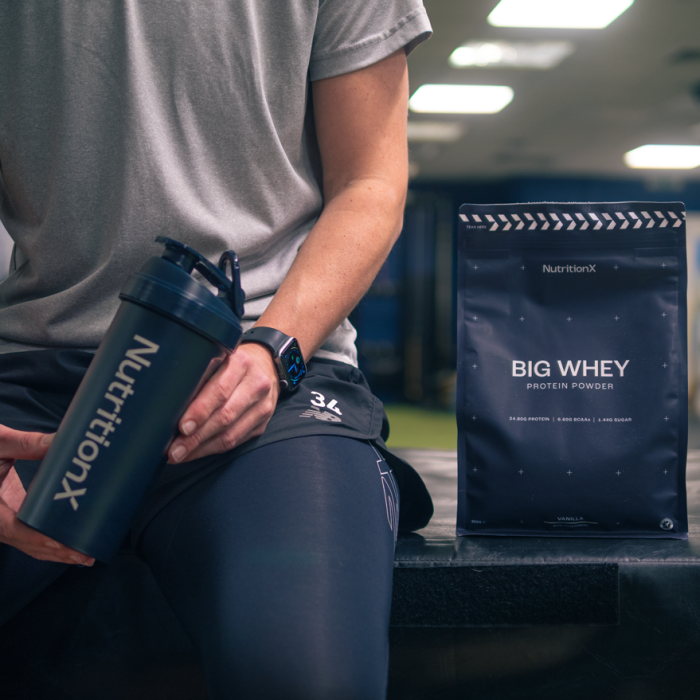
I am taking protein supplements, should I take creatine too?
Although both support athletic performance, protein and creatine supplements serve a different purpose. Creatine is taken in order to increase muscle power and strength - supporting high intensity exercise - effectively helping athletes go harder for longer when training. Protein supplements are taken chiefly to help achieve total daily dietary protein needs, in order to effectively support muscle recovery and repair processes after training. Creatine and protein can therefore be taken alongside each other according to training needs.
To find out more about how to combine supplements, this guide on mixing Casein and Whey protein could also come in handy.



